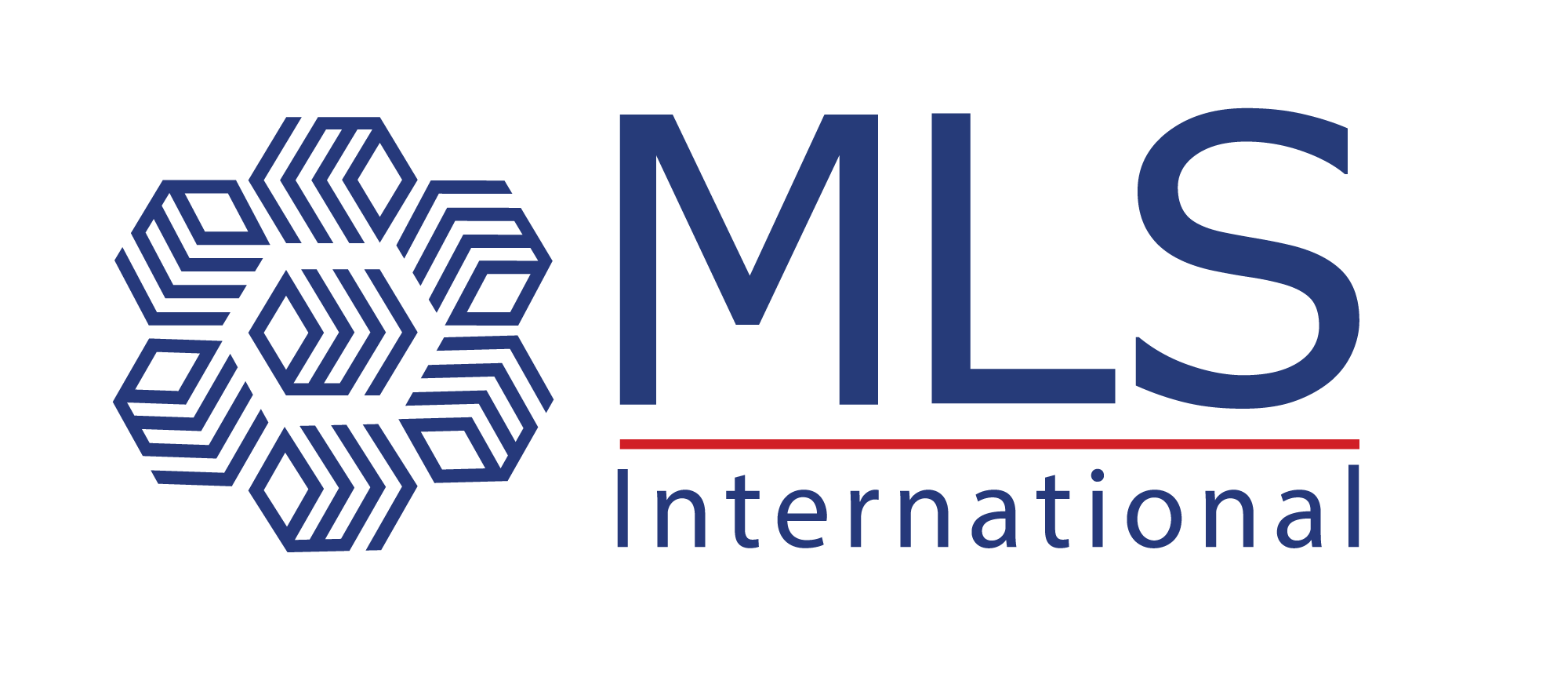Malta - work
When it comes to relocation, many individuals look to the most popular countries for their established economies, potential for employment, general cost of living and overall facilities and climate. One country climbing the list of places people would love to live and work is Malta – and this is because it ticks all of the right boxes. It may be a small European island, but it certainly packs a punch; it has an attractive tax structure, low-cost labour, is in a globally-strategic position and English is an official spoken language.
With all this in mind, what more could you want? Well, Malta has been enjoying an influx of capital from large, international companies and has been promoting the development of local businesses. This means that there are jobs available in a host of sectors and those with specialist skills are particularly in demand. As unemployment rates are low and the country welcomes migrant workers, it’s never been simpler to relocate to this sought-after destination.
Employment rate
One of the most attractive features of immigrating to Malta is its low unemployment (around 2.9% in 2022). With both local and international businesses in need of skilled staff in a host of sectors (mainly finance, IT and web design), there is ample opportunity to find the right role for you.
Applying for a Maltese work visa
Although it is possible to find the necessary information on Malta’s official immigration website, there is a range of residence permits that have rules and regulations regarding taxes, so the process may become complicated without the right help and advice.
A quick look at typical visa requirements:
- Non-EU nationals are required to apply for a Tourist Visa to enter the country before making an application for residency
- Non-EU citizens need to apply for permanent residence and this will require annual renewal
- EU nationals will have the freedom to select between permanent residency and ordinary residency
Global Residence Program of Malta
Non-EU nationals can also apply under the Global Residence Program of Malta. This has a host of benefits to offer, but is subject to stricter regulations than other visas. To be eligible, those relocating must provide the following information:
- Proof of a residential address in Malta
- Proof that you can pay 15% tax on any income earned in Malta
- Proof of funds to support any family you may have while staying in Malta
This is one of the more widely used options for EU nationals despite the additional information needed, as Malta is part of the Schengen area (meaning that they will have free movement throughout the European Union).
EU Blue Card
There is also the opportunity to apply for an EU Blue Card, depending on the skills you have and the sector you wish to work in. This gives successful applicants work rights across most EU member nations. To apply for an EU Blue Card, you will need:
- To be a citizen of a country outside of the EU
- To hold relevant qualifications and be highly skilled in your field (typically, applicants should hold at least a bachelor’s level education or five years of work experience at a senior level)
- You should have a work contract or a binding job offer in the EU
Maltese Work Visa for Entrepreneurs
Entrepreneurs hoping to set up a business in Malta will need an employment license from the Government of Malta. To be considered for this, you will need a planned investment of 100,000 EUR in the first six months of operation. If this isn’t viable, you may need to demonstrate your ability to take on at least 3 local employees in the first 18 months. Obtaining an employment license could also be achieved if you have a sound, scalable business proposal that has been approved by the Maltese Enterprise Agency.
Necessary documentation
You can find all the necessary information regarding documentation on the official immigration website of Malta.
To work legally in Malta, those applying for visas will typically need an ETC employment license, which can be issued by an individual’s potential employer. For this, they will need you to provide:
- A copy of your passport, certified by the relevant authorities
- A completed application form
- Passport-sized photos
- Qualification and work experience documents
- Updated CV
Bringing your spouse and family members to Malta:
If you would like your family to live with you in Malta, you can apply for a family reunification visa once you have successfully lived and worked in Malta for a year (this includes your spouse and any dependent children). You will have to provide proof of suitable accommodation and a sufficient income to support the needs of both yourself and your family.
Here at (PLACEHOLDER), we offer a host of visa, immigration and consultancy services. We also have products that can help overseas immigrants, including a Business Visa for Schengen areas, a Study Visa for Schengen areas, a Visit Visa for Schengen areas and a Work Visa for Schengen areas.
About Us
Offering top-tier visa and recruitment consultant services, clients can expect highly-professional assistance with visas and work permits across New Zealand, Canada and Europe.
contact@mlsvisconsultant.com
